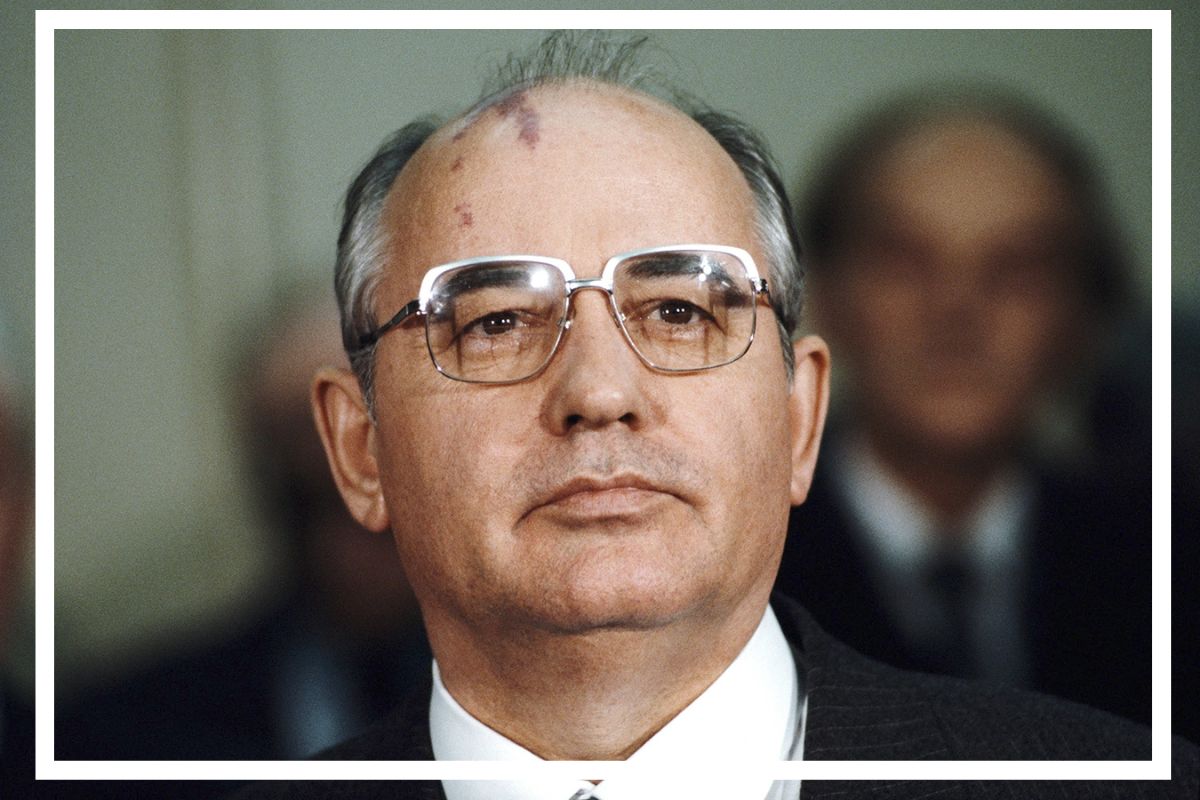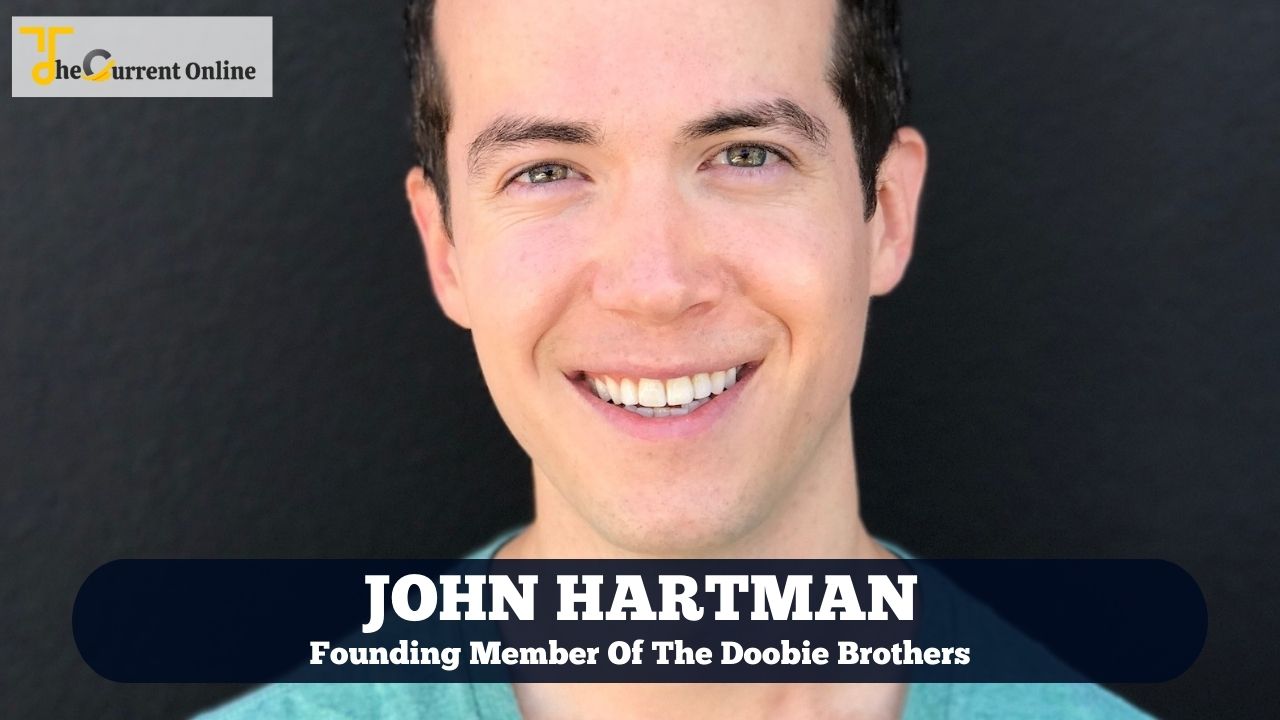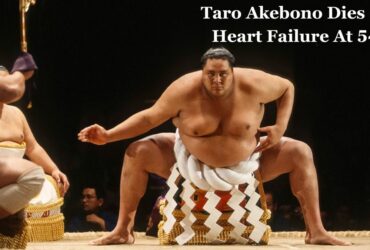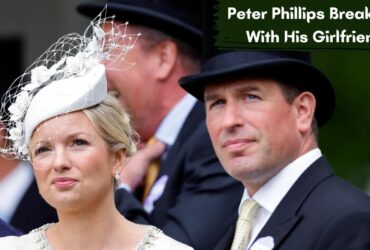President Biden observed, “It was simple to see why so many people throughout the world held him in such high esteem.”
Following Mikhail Gorbachev’s passing on Tuesday, world leaders, including Russian President Vladimir Putin and U.S. President Joe Biden, paid respect to the former Soviet Union’s last leader.
Following Gorbachev’s passing, Putin reportedly delivered a statement to the Russian news agency Interfax expressing his condolences. Gorbachev supervised the dissolution of the Soviet Union and the Cold War. He passed away on Tuesday at the age of 91.
During Putin’s presidency, the leaders had ideological disagreements. In 2017, Gorbachev, who had liberated Soviet society from decades of repression, wrote plainly for Time about the “costs” of Putin’s “authoritarian” policies.
Putin, who was working for the KGB in East Germany under Gorbachev’s leadership, has made it clear throughout the years that he felt Russia was being humiliated by the fall of the Soviet Union and the Eastern European bloc.
The leaders of the West praised Gorbachev for his accomplishments.
In a statement, Biden reflected on a meeting they had in 2009 at the White House, describing Gorbachev as “a man of tremendous vision” and “a rare leader.”
It was simple to see why so many people all throughout the world regarded him so highly, according to Biden. Gorbachev was credited by Biden with promoting “a safer world and greater freedom for millions” as a result of his democratic reforms.
Boris Johnson, the prime minister of the United Kingdom, made an unfavorable comparison between Putin and Gorbachev while praising Gorbachev’s role in the conclusion of the Cold War.
Without doubt, Mikhail Gorbachev was one of the most significant leaders of our times. He fostered détente between great powers, & began change processes which enabled democratic transitions in a number of former Soviet republics & in Warsaw Pact region:https://t.co/WLRs4dTxZA
— Helen Clark (@HelenClarkNZ) August 31, 2022
Johnson stated, “[Gorbachev’s] indefatigable devotion to opening up Soviet society remains an example to us all at a time of Putin’s aggressiveness in Ukraine.
In their sympathy statements, several presidents also compared Gorbachev and Putin. Having visited Gorbachev in both Russia and the United States, Senator Patrick Leahy (D-Vt.) called him “a courageous leader who was unafraid to confront reality.”
Leahy asserted that Gorbachev “would never be the war criminal that Putin is.”
Gorbachev’s absence “has loomed large over Putin’s murderous, unwarranted war in Ukraine,” according to Sen. Jeanne Shaheen (D-N.H.).
She paid respect to Gorbachev’s loved ones on Twitter after his passing, as well as Alexei Navalny and other pro-democracy Russian opposition figures.
Rep. Dean Phillips (D-Minn.), a lawmaker from another part of the country, remembers stopping his automobile on the Minneapolis freeway in 1990 as Gorbachev’s procession passed.
According to Phillips, “a new, more tranquil, and the hopeful world looked to be on the horizon.” I lament his passing and his bravery, as well as the nation he worked so hard to change.
One of the few top leaders from the Gorbachev period still alive, former secretary of state James Baker III, told Reuters: “History will remember Mikhail Gorbachev as a giant who drove his vast nation towards democracy. By choosing not to use force to keep the empire together, he played a crucial part in a peaceful end to the Cold War.
A period of calm that lasted basically until the Russian invasion of Ukraine earlier this year was established in Europe thanks to Gorbachev, who was hailed by European leaders as the man who ended Russian dominance of Eastern Europe.
Ursula von der Leyen, president of the European Union Commission, praised Gorbachev for “bringing down the Iron Curtain.” The door was now open for a free Europe.
Also in Europe, Micheál Martin, the prime minister of Ireland, expressed his “sadness” over Gorbachev’s passing.
Martin stated on Twitter that “His understanding of history, devotion to openness, reform, and creating connections with the West, altered the globe.”
Gorbachev was described as “a hero of peace” who “transformed our collective history” in a letter written in French by French President Emmanuel Macron.
The likely next British prime minister, Liz Truss, the country’s foreign secretary, also hailed Gorbachev’s cooperation with the West.
This history of cooperation and peace “must prevail now more than ever,” Truss said.
FAQs
What did Mikhail Gorbachev accomplish for the Soviet Union? Who is he?
Political figure Mikhail Sergeyevich Gorbachev was born in Russia on March 2, 1931. He served as the Communist Party of the Soviet Union’s general secretary from 1985 to 1991, making him the eighth and final leader of the Soviet Union.
Is Gorbachev still alive?
23 August 2022
Who was a part of the Cold War’s end?
The INF Treaty was signed in 1987 by President Reagan and General Secretary Gorbachev of the Soviet Union.
Who took over for Stalin?
Stalin passed away in March 1953, and Georgi Malenkov took over as Premier of the Soviet Union after Nikita Khrushchev succeeded him as First Secretary of the Central Committee of the Communist Party of the Soviet Union (CPSU).
What significance did Gorbachev’s new ideas have?
The “new thinking” was crucial for the Soviet Union to stop the expensive Cold War rivalry and continue the perestroika-era internal economic changes.
What led to the Cold War’s end, Quizlet?
The Berlin Wall was torn down in 1989 and 1990, borders were opened, and Communist governments were toppled across all of eastern Europe by free elections. The Soviet Union itself broke up into its constituent countries in late 1991. The Cold War ended abruptly with the lifting of the Iron Curtain.
The Cold War ended in what way?
Gorbachev brought an end to the Cold War but also to the Soviet Union.




